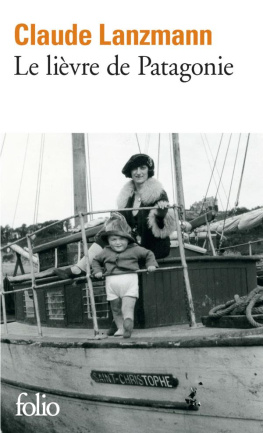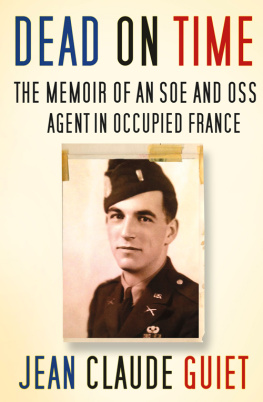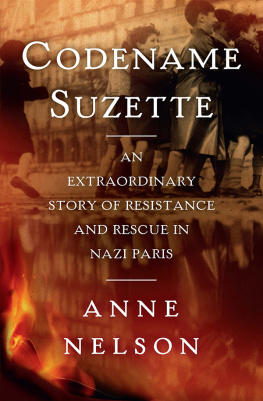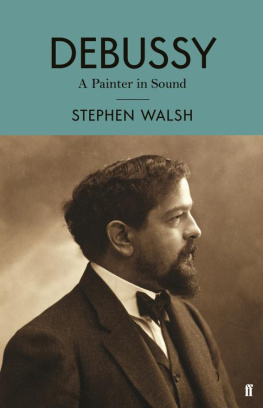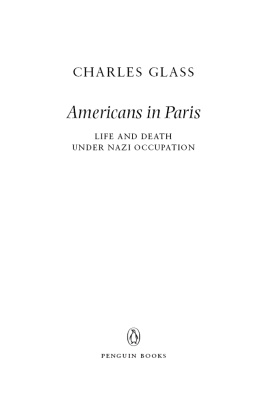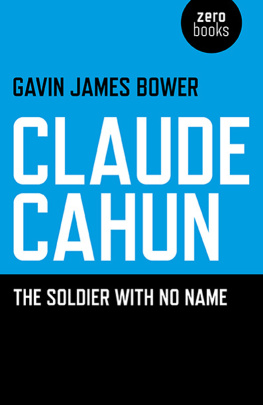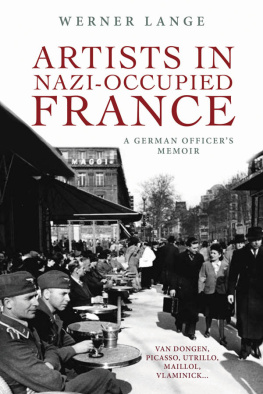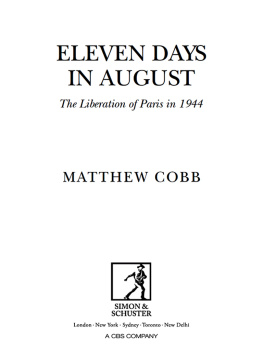THE PATAGONIAN HARE

First published in France as Le Livre de Patagonie in 2009 by ditions Gallimard, Paris.
First published in Great Britain in hardback and airport and export trade paperback in 2012 by Atlantic Books, an imprint of Atlantic Books Ltd.
Copyright ditions Gallimard, 2009
Translation Frank Wynne, 2012
Translated by Frank Wynne and revised by the author. The publisher wishes to thank Georgia de Chamberet for her help.
The moral right of Claude Lanzmann to be identified as the author of this work has been asserted by him in accordance with the Copyright, Designs and Patents Act of 1988.
The moral right of Frank Wynne to be identified as the translator of this work has been asserted by him in accordance with the Copyright, Designs and Patents Act of 1988.
All rights reserved. No part of this publication may be reproduced, stored in a retrieval system or transmitted in any form or by any means, electronic, mechanical, photocopying, recording or otherwise, without the prior permission of both the copyright owner and the above publisher of this book.
Every effort has been made to trace or contact all copyright holders. The publishers will be pleased to make good any omissions or rectify any mistakes brought to their attention at the earliest opportunity.
Copyright 1945, 1952, 1961, Arthur Rimbauds A Season in Hell & The Drunken Boat, translated by Louise Varese, reprinted by permission of New Directions Publishing Corporation, all rights reserved.
This publication was granted a translation subsidy from the Centre National du Livre, French Ministry of Culture.
This book has been selected to receive financial assistance from English PENs Writers in Translation programme supported by Bloomberg. English PEN exists to promote literature and its understanding, uphold writers freedoms around the world, campaign against the persecution and imprisonment of writers for stating their views, and promote the friendly co-operation of writers and free exchange of ideas. www.englishpen.org
10 9 8 7 6 5 4 3 2 1
A CIP catalogue record for this book is available from the British Library.
Hardback ISBN: 978 1 84887 360 5
Trade Paperback ISBN: 978 1 84887 576 0
eISBN: 978 0 85789 875 3
Atlantic Books
An imprint of Atlantic Books Ltd
Ormond House
2627 Boswell Street
London WC1N 3JZ
www.atlantic-books.co.uk
For my son Felix
For Dominique
I n the deep mid-afternoon, he stood illuminated by the sun like a holocaust on the graven plates of sacred history. Not all hares are alike, Jacinto, nor was it his fur that marked him out from other hares, believe me, nor his Tartar eyes, nor the peculiar shape of his ears. It was something that went far beyond what we humans call personality. The countless transmigrations his soul had endured had taught him, at the moments indicated to him by the complicity of God or some brazen angels, to render himself visible or invisible. For five whole minutes at noon he would stop at the same spot in the field, ears pricked, listening to something.
The deafening thunder of a waterfall that sets birds to flight, or the crackle of a forest blaze that terrified even the most foolhardy beast, would not have caused his eyes to dilate. The inconstant clamour of the world that he remembered, peopled with prehistoric animals, with temples that looked like withered trees, with futile, misbegotten wars, made him more temperamental and more cunning. One day he stopped as usual at the hour when the sun, at its zenith, poured down like lead on the trees, preventing them from casting shadows, and he heard barking, not of one dog, but of many, hurtling madly through the undergrowth. In a bound, the hare crossed the path and began to scurry away, the dogs giving chase, pell-mell, behind him. Where are we headed? cried the hare in a voice that quavered like a lightning flash. To the end of your life, howled the dogs in dogs voices.
The Golden Hare, Silvina Ocampo
Foreword
I have written a lot, pen in hand, throughout my life. And yet I dictated this book in its entirety, for the most part to the philosopher Juliette Simont, my assistant editor at Les Temps modernes and a very dear friend, and, when Juliette was occupied with her own work, to my secretary, Sarah Streliski, a talented writer. This is because I have experienced a strange and, I believe, somewhat rare adventure. Unlike most of the friends of my generation, who persist in clinging proudly to their pens and their spidery scrawl, I discovered, when I was given a computer shortly after my film Shoah was released in 1985, the extraordinary and entertaining possibilities of this machine, which I slowly learned to use and later mastered, if not all the possibilities it afforded, at least those features that were useful to me. When I was dictating, with Juliette next to me, both sitting before a large screen, I found it wonderful to see my thoughts immediately objectified, perfect in every word, with no deletions, no rough drafts. Gone were the problems I have always had with my own handwriting, which, in spite of the comments of those who thought it beautiful, to my eyes changed according to my mood, agitation or tiredness. I have often been sickened by my handwriting, which I found, to quote a remark by Sartre about his own, sticky with all my juices and he wrote so much that he must have known what he was talking about. And yet some insurmountable impediment had prevented me from fully embracing modernity. Moving directly from longhand to computer having utterly avoided the typewriter I found that I made very slow progress when working alone; I typed with one finger, I managed to objectify my thoughts, but what was sufficient for a police report was not practical for the work I envisaged, my hunt-and-peck typing disrupted the rhythm of my thoughts and killed the momentum. If I wanted successfully to conclude that terrifying task I had been grumbling about for so many years now, I needed an extension of myself, I needed other fingers. These belonged to Juliette Simont. But Juliettes role was not limited to typing. I have been told a thousand times by a thousand different people that I ought to write the story of my life, that it was rich, multi-faceted and unique, and it deserved to be told. I agreed, I wanted to do it, but after the colossal effort that had gone into making Shoah, I was not sure I had the strength for such a massive undertaking. It was at this point that Juliette began typing or, what amounts to the same thing, insisting that I do something and stop prevaricating. And so one day I effortlessly dictated the first page to her, but waited months before moving on to page two, other urgent tasks taking precedence. I returned to it, but have been working on it seriously only for the past two years. While I dictated, Juliette was infinitely patient, respectful of my pensive, often lengthy silences, and her own silent, companionable presence itself inspired me. It is hardly surprising, therefore, that I express my gratitude.
I am also grateful to Sarah, who proved to be as patient as Juliette, and to my first readers, Dominique, Antoine Gallimard, ric Marty and Ran Halvi, whose favourable reception encouraged me.
Chapter 1
T he guillotine more generally, capital punishment and the various methods of meting out death has been the abiding obsession of my life. It began very early. I must have been about ten years old, and the memory of that cinema on the rue Legendre in the 17th arrondissement in Paris, with its red velvet seats and its faded gilt, remains astonishingly vivid. A nanny, making the most of my parents absence, had taken me, and the film that day was
Next page

